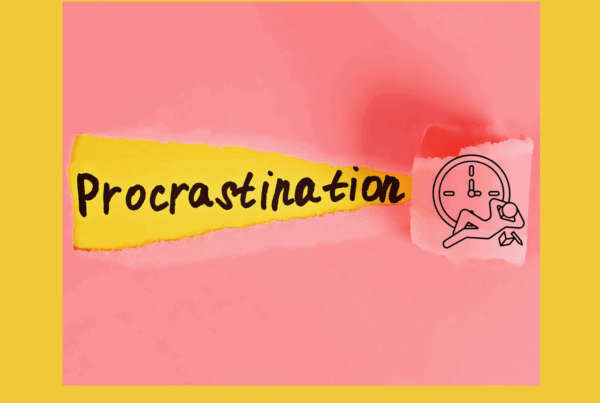
Hard skills and soft skills are the two sorts of skills that may be utilized in resumes. Employers frequently want applicants with a diverse set of talents, so a strong skill section will cover both the hard and soft skills required to do a job and provide employers with a complete picture of your abilities.
A hard skill is an ability that can be taught. It is measurable and observable. Soft Skills are the characteristics that make you a successful employee, such as politeness and communication skills.
The definition
Hard Skills
Hard talents are easily measured abilities or skill sets that can be learned. A hard skill is a set of technical abilities that are required to perform a certain job function. Skills are usually learned in the classroom, online, or through books and other materials.
Soft Skills
Skills that pertain to the way individuals interact with each other are called “soft skills.” It’s a personal attribute that affects how a person performs on their own and with others. Emotional intelligence and life experience tend to produce them naturally.
Difference between both the skills via examples
Soft skills can help you stand out and compete with other applicants, while hard skills will get your CV noticed. Employers increasingly search for candidates with specific soft skills, as it’s typically easier to teach new hires in hard skills than it is to train them in soft skills. Soft skills are also transferrable, which means they may be employed across sectors and in other sorts of employment, which is another reason to include them on your CV.
Soft skills examples
- Leadership
- Collaboration
- Communication
- Interpersonal skills
Hard skills examples
- Marketing skills
- Financial modeling
- IT skills
- Forklift operations
Importance of both the skills in getting hired
Each profession has a set of hard skills that must be mastered in order to do the work’s essential functions. You will also need a specific degree of expertise in each challenging talent that you will need to execute your job well and give you an edge over other candidates.
Some occupations, such as technical roles, will place a more considerable emphasis on hard skills than soft skills.
Recruiters use soft skills to assess the sort of person you will be working with and whether you will fit into the corporate culture. Soft skills will be valued more than hard skills in some fields, such as sales and human resources because they involve face-to-face interaction.
How to highlight these skills?
Sharing unique stories from your prior experience that closely connect to the requirements of the position you are applying for is the most effective approach to demonstrate your hard and soft skills. When narrating a scenario, start by describing the circumstance, then describe the matter at hand, then explain the steps you took, and finally, describe the outcome.
- Maintaining eye contact is important (active listening)
- Providing details about your background and education details
- Asking follow-up inquiries (active listening)
- Developing a portfolio (digital or physical)
- Attending the interview on time or early (punctuality or dependability)
- Honesty in answering questions regarding your resume and experience (integrity)
- Using skill tests to full potential (if required at the interview)
- When pushed, communicate clearly and politely (effective communication)
- Answering technical inquiries about the job in a professional manner


